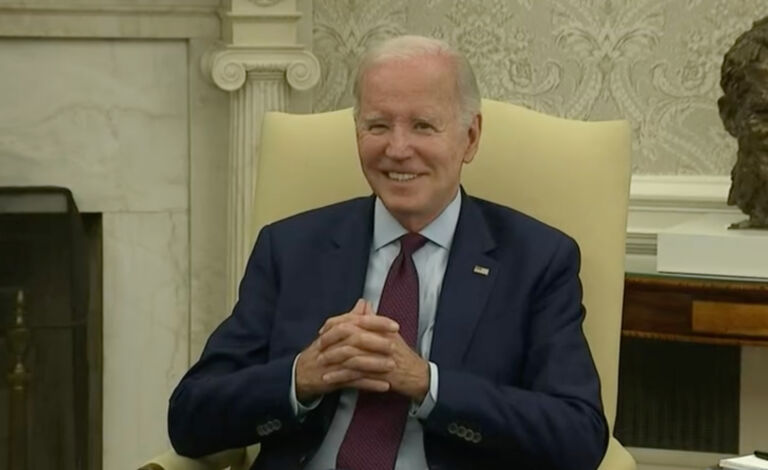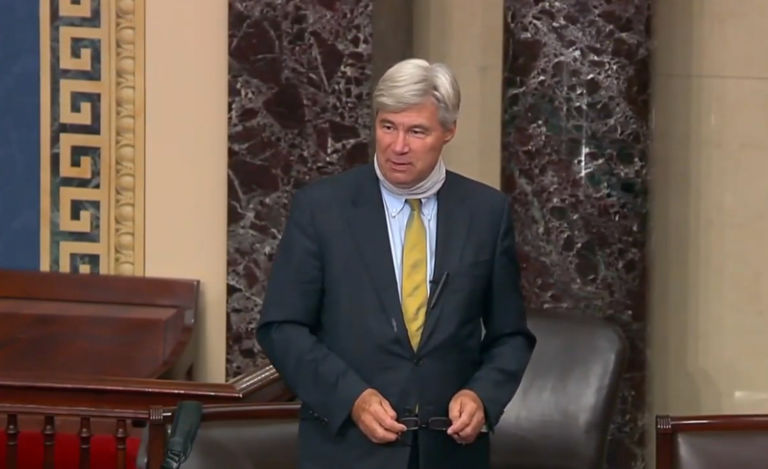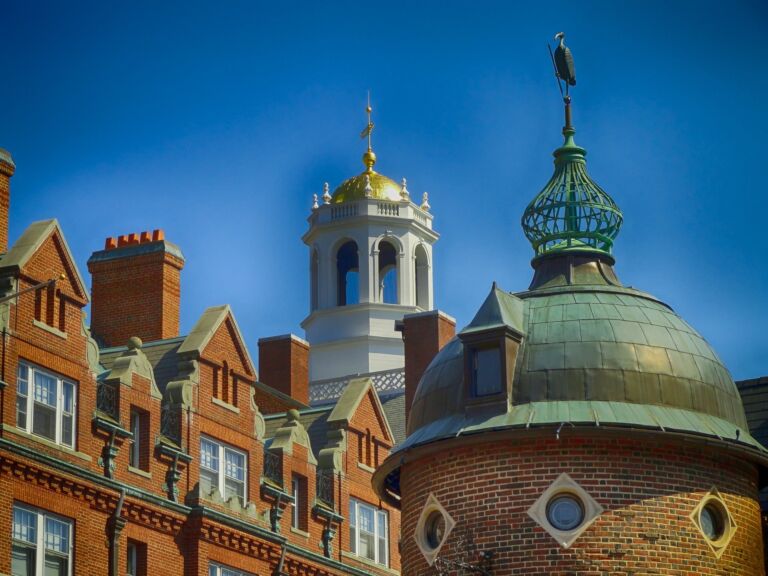1. Pope Francis, Religious Liberty, and Capitalism
As part of his remarks while visiting the White House on his first day in the United States, Pope Francis made a strong plea on behalf of religious liberty, which he specifically directed at President Obama. This came shortly before he made an unscheduled visit with the Little Sisters of the Poor who are suing the Obama administration in defense of their own 1st Amendment rights not to include coverage of artificial contraception as part of their health insurance plan, which is mandated by Obamacare regulations. Catholic teaching views the use of artificial contraception as sinful. The connection between his comments to the President and his visit with the Little Sisters was apparent.
This laudable and welcome stance comes from a Pope who has, out of a concern for the poor, made several misguided statements that are quite critical of capitalism. I would suggest that these two positions, while seemingly unrelated, when combined represent a profound contradiction in the Pope’s thinking. In reality, the only socio-economic arrangement that can guarantee the rights of all people to freely exercise their religious beliefs is capitalism, with its emphasis on the rights of people to own and use property as they wish and to freely contract with others on any mutually agreeable terms. It is a system that is based strictly on voluntary cooperation and that delegitimizes the use of force and fraud. (As an aside, I personally think that, for this reason, it is the system most consistent with Christianity.) Under such institutional arrangements, there would be no need for specific legal or constitutional protections for religious liberty. These liberties are inherent in the system itself.
Consider, for example, the contraception mandate that is being challenged by the Little Sisters of the Poor. This mandate, a word that gives the game away at the outset, comes in direct conflict with one of the most basic rights under capitalism, that is the right to freely trade and make contracts with others. Under true capitalism — or "unfettered capitalism," which is what some have suggested the Pope has been referring to — coverage under any health insurance policy purchased by the Little Sisters of the Poor, would be a private matter between the Little Sisters, their insurance company, and possibly any employees who would also be covered under the plan. If the health insurance plan that was being offered by the insurance company was unacceptable to the Little Sisters, for whatever reason, they would be free to walk away from it or negotiate different coverage with the insurance company. And if the health insurance offered by the Little Sisters to any of their employees were an unacceptable part of their compensation package, they too would be free to walk away and find employment elsewhere or forgo the employer provided insurance and purchase a separate plan of their own choosing. From the perspective of the employees, this could occur as part of an exchange with the Little Sisters, their employers, for a higher wage. All of this would happen without a need for any specific discussion about religious liberty.
Clearly the right to worship as one chooses would be pretty hollow without the right to own or contract for the rental of physical property. The right to worship implies the right of a religious organization to have physical space to assemble and to worship in that space as they see fit. Without this fundamental property right, which is only guaranteed without question under capitalism, the right to freely worship as one chooses is tentative at best and non-existent at worst. The right to deny religious liberties stems from the power of government to deny the right to freely use property. When the USSR wanted to shut down the Catholic Church, it didn’t simply tell people that they weren’t allowed to say bed time prayers, it confiscated their churches.
This does not end with religious liberties. Indeed, property rights and free exchange are at the heart of one’s ability to exercise what have come to be known as civil liberties more generally. The right to freedom of press and speech and the right to freely assemble, protest, boycott etc., are all fundamental rights that are guaranteed under capitalism. This is because capitalism guarantees our right to disagree with one another, which is really what is being protected when all of these other liberties are being discussed. In this regard it would be useful for Pope Francis to pay attention to the words of a rather famous atheist, Ayn Rand, who noted that:
The right to agree with others is not a problem in any society; it is the right to disagree that is crucial. It is the institution of private property that protects and implements the right to disagree.
Holy Father, religious liberty is nothing more than the right to disagree.
2. Ozone Report
The 2015 ozone season began on April 1st and, as I have been doing since this newsletter was started, each week during the ozone season this newsletter will report how many, if any, high ozone days have been experienced throughout the state during the previous week, where they were experienced, and how many have been recorded during the entire season to date. (Note: ground level ozone, which is what we are reporting on, is often called "smog.") According to current EPA standards, a region or county experiences a high ozone day if a monitor in that area registers the amount of ozone in the air as 76 parts per billion (ppb) or greater. The official ozone season will end on October 31st. All reported data is preliminary and issued by the North Carolina Division of Air Quality, which is part of the state’s Department of Environment and Natural Resources. Thus far this season there have been 5 high ozone days recorded on any of the state’s 42 monitors. Three occurred on June 25th and two on August 5 th.
The table below shows all of North Carolina’s ozone monitors and the high reading on those monitors for each day of the 7-day period, September 14-20.

Click here for the Economics & Environment Update archive.
You can unsubscribe to this and all future e-mails from the John Locke Foundation by clicking the "Manage Subscriptions" button at the top of this newsletter.


